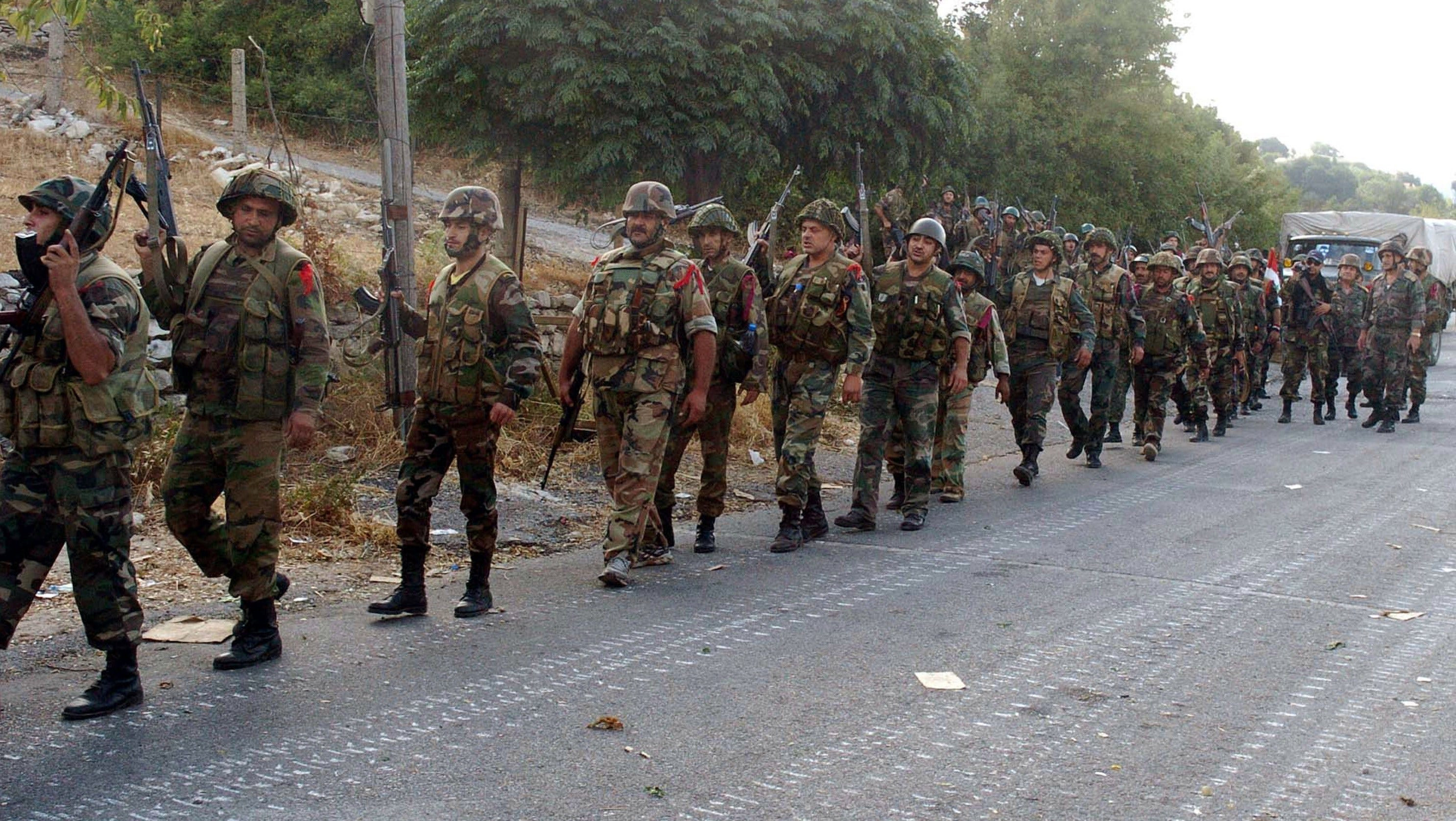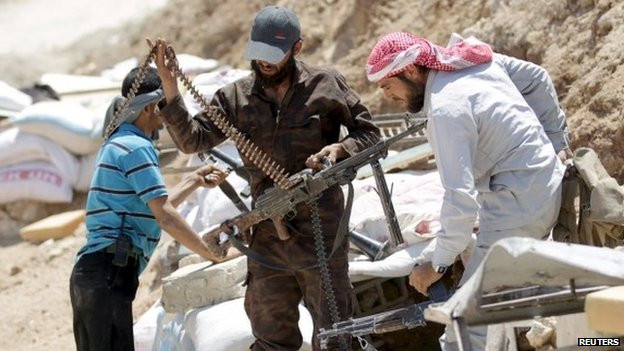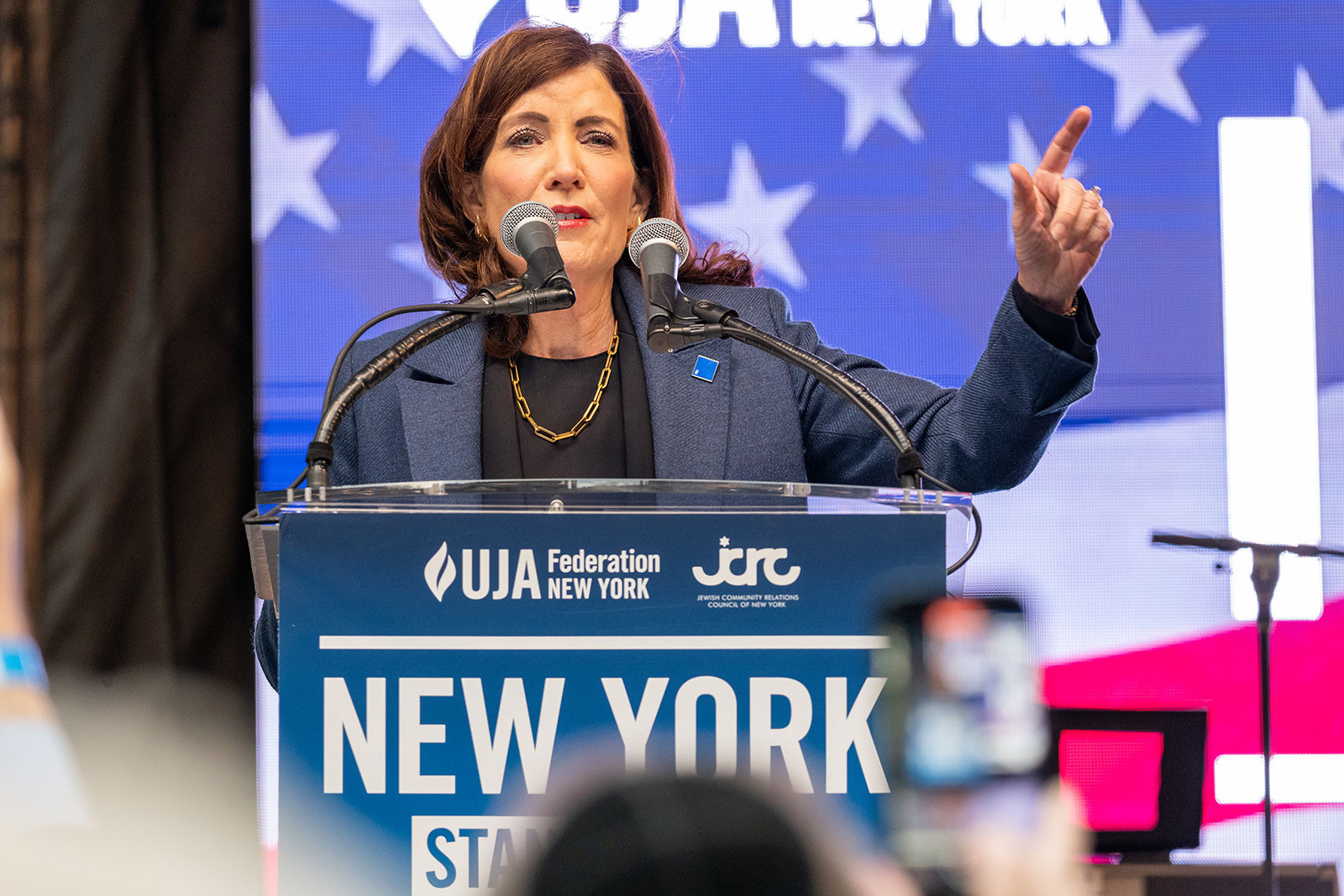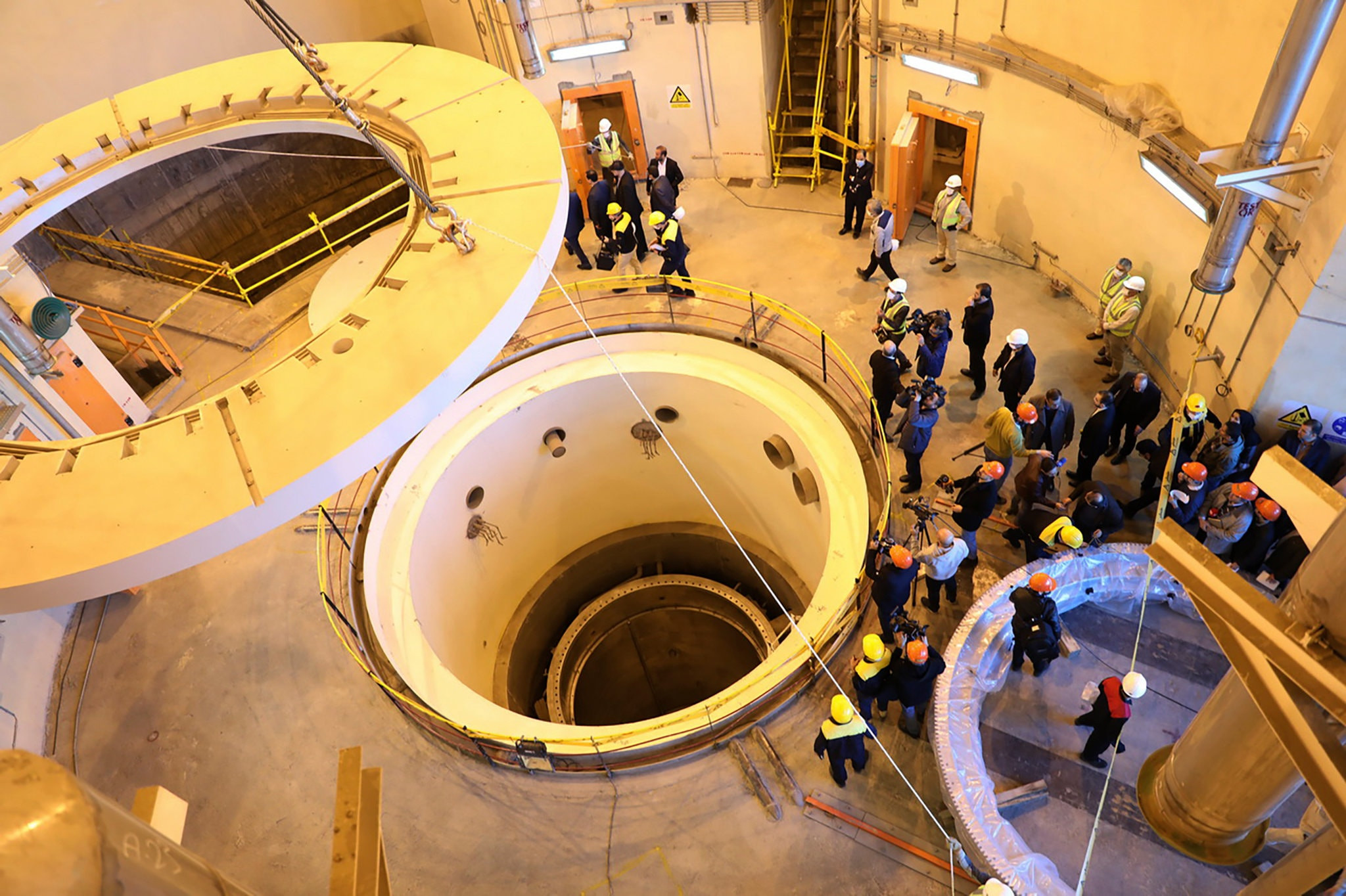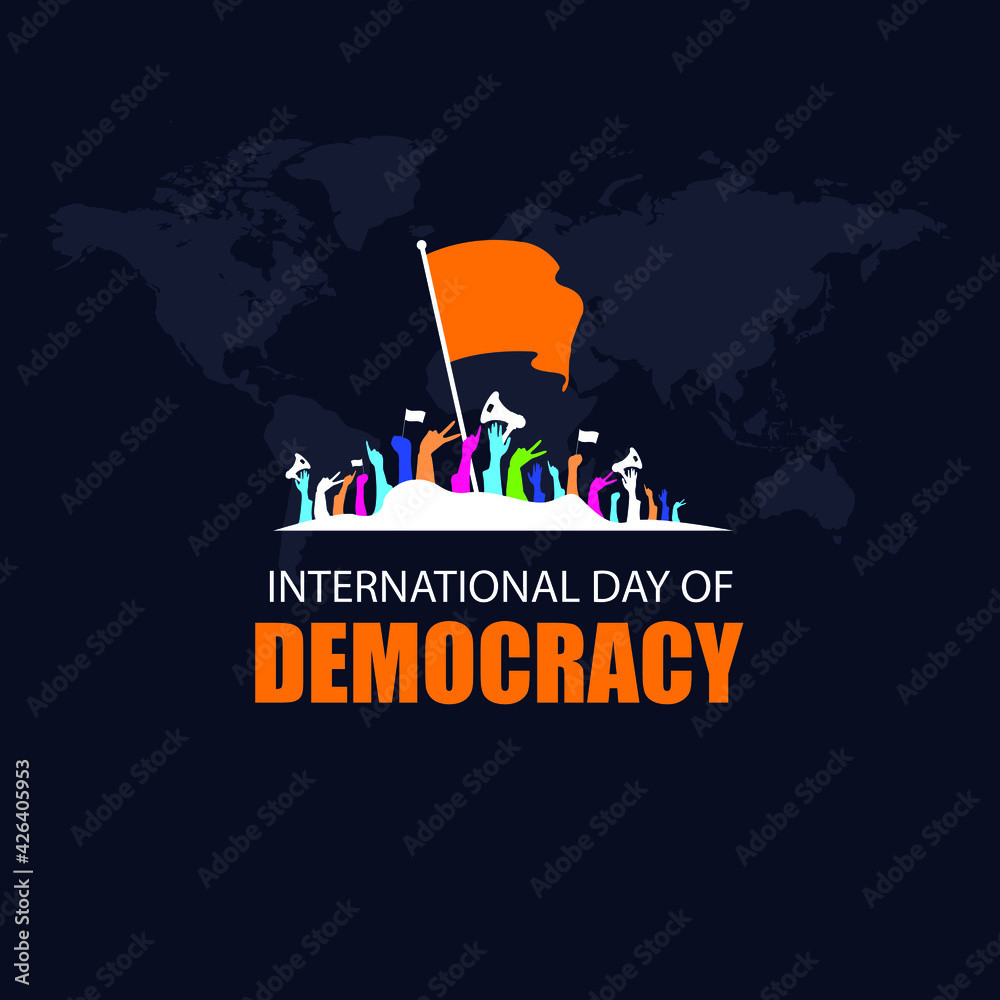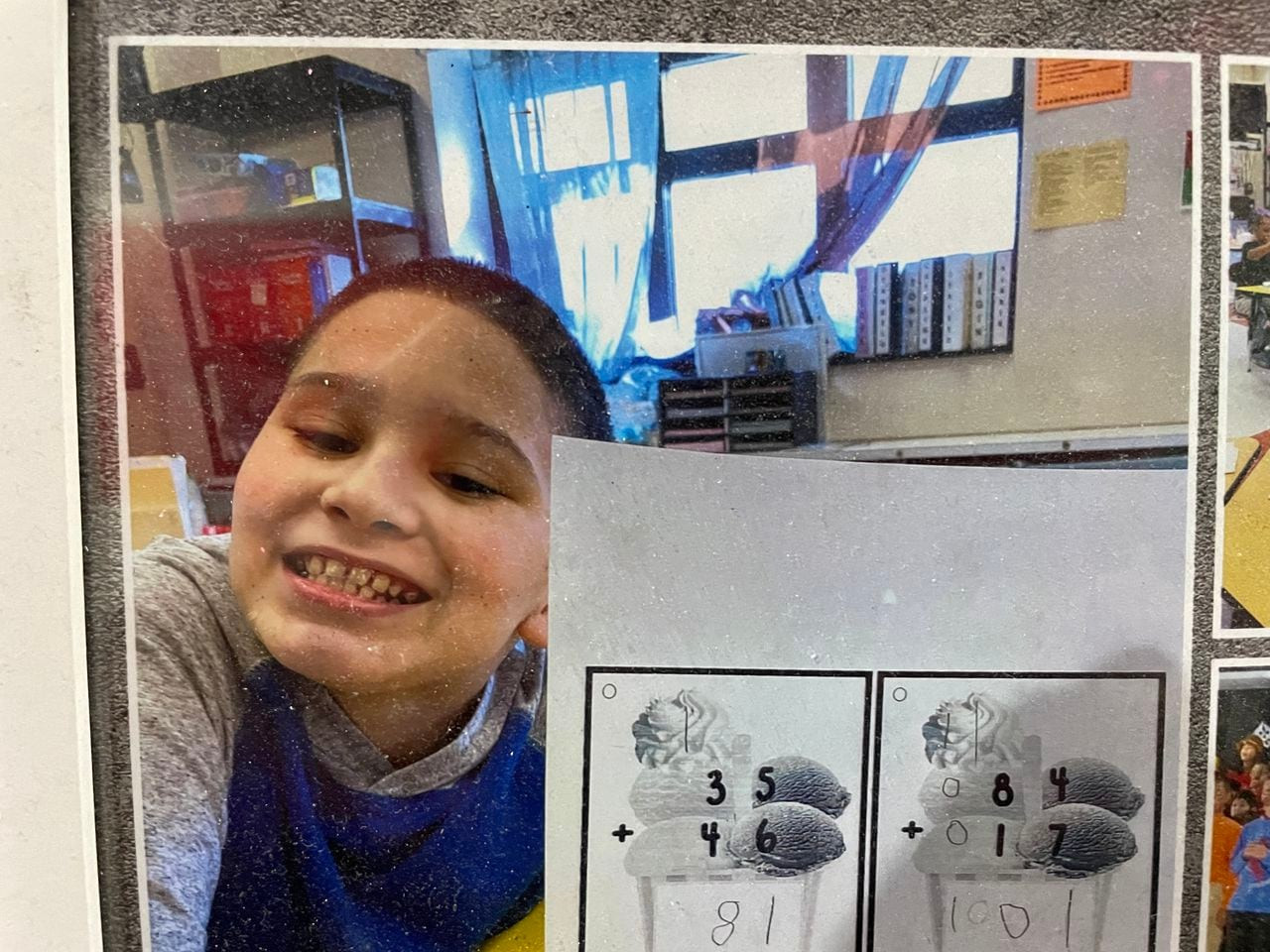Syrian Rebels' Stunning Advances: Assad's Regime on the Brink?
Syrian rebels launched a stunning offensive, seizing major cities and rapidly advancing toward Damascus, posing the gravest threat yet to President Bashar al-Assad's 24-year rule. The speed and scale of the rebel gains have shocked observers and raised fears of a new wave of regional instability. In a week, government defenses have crumbled at a dizzying pace, as insurgents captured a string of major cities including Aleppo in the north, Hama in the center, and Deir al-Zor in the east.
The Rebel Offensive: A Week of Unprecedented Gains
The rebel sweep began a week ago with the capture of Aleppo, followed by the rapid succession of Hama and Deir al-Zor. The rebels' momentum continued unabated, extending their control to almost the entire southwest and reaching within 50 kilometers of the capital, Damascus. Videos on social media showed jubilant rebels celebrating their victories, firing in the air, and toppling statues of former Syrian president Hafez al-Assad. The fall of Deraa, the fourth major city lost by Assad's forces in a single week, underscored the growing rebel momentum. Deraa, known as the ‘cradle of the revolution’, holds symbolic importance as the birthplace of the 2011 uprising. Its capture represented a significant psychological blow to the regime.
The Fall of Daraa and Sweida
The fall of Daraa and Suweida on Friday, followed by Quneitra on Saturday, has significantly enhanced the possibility of a major assault on the capital, Damascus. The Syrian army's statement regarding redeployment and repositioning, without acknowledging territorial losses, speaks to the gravity of the situation. The swiftness with which Daraa and Sweida fell illustrates the rebels' military capabilities and the crumbling morale within the Syrian government's forces. In Deir el-Zor, a U.S.-backed alliance led by Syrian Kurdish fighters captured the government's main foothold in the vast desert, jeopardizing Assad's land connection to allies in Iraq. This strategic loss further weakens Assad's position and his ability to rely on external support.
Homs: The Key to Damascus?
Government forces are now focusing their defense on Homs, a strategically important city located at a crossroads between Damascus and the Mediterranean coast. The city's capture would sever Damascus from its vital coastal stronghold, home to the Alawite sect and Russia's key naval and air bases. State television and Syrian military sources reported large-scale airstrikes on rebel positions and the arrival of reinforcements. A resident of Homs described growing tension, with airstrikes and gunfire audible and pro-Assad militia setting up checkpoints. The rebels have stated they are “at the walls” of Homs after taking the last village on its northern outskirts. A coalition of rebel factions, including the Islamist group Hayat Tahrir al-Sham (HTS), issued a final call to Assad's forces in Homs to defect. Seizing Homs would be a devastating blow to Assad, effectively cutting off his lifeline to the coast and his remaining allies.
The Strategic Importance of Homs
The battle for Homs is critical for several reasons. Firstly, its capture would sever a major supply line for Assad's forces, connecting Damascus to the Mediterranean coast. Secondly, Homs is a significant population center, and its loss would represent a major symbolic victory for the rebels. Thirdly, the city's capture could potentially trigger a collapse of the Assad regime. If Homs falls, the regime will have lost several of its most crucial strongholds in just one week, which severely weakens their military and political position.
Regional and International Responses: A Crisis of Unprecedented Proportions
The rapidly evolving situation has stunned Arab capitals and sparked concerns about regional instability. Qatar expressed its concern that the current events threatened Syria's territorial integrity. This conflict, which started in 2011 as an uprising against Assad's rule, has drawn in major outside powers, created opportunities for jihadist militants, and caused a refugee crisis affecting neighboring states. The rebels' remarkable gains have created new political and security challenges for Assad's allies, including Russia, Iran, and Hezbollah. Russia has been heavily involved in the Syrian conflict, providing military and political support to Assad's regime. However, Russia's involvement in the war in Ukraine has significantly hampered its capacity to fully support Assad in the current crisis. Hezbollah, too, has experienced significant losses in its war with Israel, hindering its ability to support Assad's forces as it once did.
International Meetings and Diplomatic Efforts
Foreign ministers from Iran, Russia, and Turkey, the rebels' main foreign supporter, met in Doha to discuss the crisis. Despite their differing interests, they agreed on an immediate end to the fighting. However, this commitment to a cessation of hostilities remains a distant prospect given the rapidly escalating situation on the ground. Meanwhile, Lavrov called for dialogue between the Damascus government and the legitimate opposition, though he remained ambiguous about which groups he considered legitimate opposition. The involvement of several world powers in the Syrian conflict makes any diplomatic solution considerably more complex and challenging. The UN’s special envoy for Syria, Geir Pedersen, called for urgent talks in Geneva to secure an “orderly political transition.” The UN resolution 2254, adopted in 2015, calls for the establishment of a transitional governing body, followed by a new constitution and UN-supervised elections. Pedersen emphasized the urgency of an orderly political transition, recognizing the rapidly changing situation in Syria.
The Future of Syria: Uncertain Times Ahead
The Syrian conflict's future remains uncertain, marked by a potential for escalating violence and the growing possibility of Assad's regime's collapse. The rebels' rapid advances and the weakening of Assad's support from Russia, Iran, and Hezbollah raise serious questions about the future of the conflict and the potential for lasting peace and stability in Syria. The international community faces the challenge of finding a diplomatic solution that addresses the concerns of all parties involved. Ultimately, the resolution of the Syrian civil war requires a combination of diplomatic solutions and military strategies that ensure the protection of civilians and the peaceful transition of power.
The situation is extremely volatile, and the coming days will be critical in determining the future of Syria. The potential for a complete regime collapse, a protracted civil war, or a negotiated settlement remains very much open at this stage.




